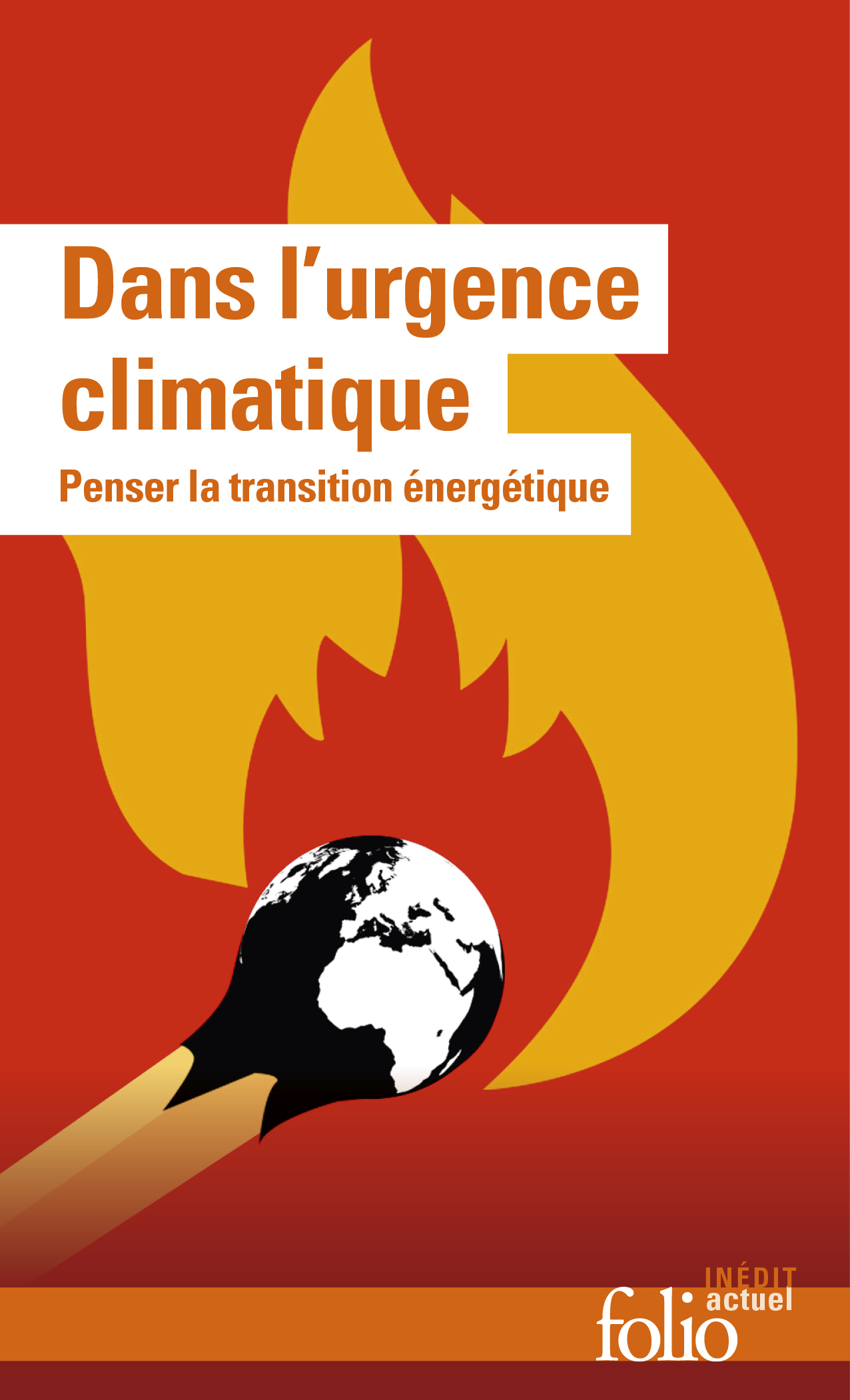Opinion
Can climate change be tackled without ditching economic growth?
The ultimate answer to the question on whether climate change can be tackled without ditching economic growth depends on our willingness to step up climate action massively.
This piece originally appeared in Corriere della Sera (print), De Tijd, Die Zeit, Kathimerini, Kapital.bg, Rzeczpospolita, Le Monde and Helsingin Sanomat.

Economic growth, so far, has fuelled global warming. The mechanics of this inconvenient truth are straightforward: higher levels of economic activity tend to go hand-in-hand with additional energy use and consumption of natural resources. Fossil fuels still account for 80% of the global energy mix, so energy consumption remains closely related to greenhouse gas emissions and hence to climate forcing.
In principle, to achieve the deep greenhouse gas emission cuts required to tackle the climate crisis, the world therefore has two options: decouple global emissions from economic growth, or simply ditch economic growth.
Decoupling is clearly the most desirable, as both developed and developing nations want to grow. Economic growth is indeed of central importance for welfare and issues including social security, pensions and debt sustainability. But decoupling is difficult: current projections of global population size and GDP per capita imply that the world must reduce the rate of CO2 emissions per unit of real GDP by around 9% per year on average to reach net-zero by mid-century. For the sake of comparison, between 1990 and 2016 global emissions per unit of real GDP decreased only by 1.8% per year.
Confronted with this sobering reality, economists disagree about whether humanity can realistically decouple growth and emissions. ‘Green growthers’ are optimistic that suitable policies and technology will allow emissions to be reduced to sustainable levels while enabling continued or even boosted economic growth. This thinking is shared by several governments and institutions. For instance, the European Commission defines its European Green Deal as “Europe’s new growth strategy”. On the contrary, ‘degrowthers’ dismiss this and argue that the global economy must be scaled down to reduce emissions, and that systemic change and redistribution are necessary to accomplish this in a socially sustainable way and address the “fairy tales of eternal economic growth”, as Greta Thunberg told world leaders back in 2019.
We think this debate is largely theoretical. Degrowth simply is not an option that will be pursued by either poor or rich countries. The crucial question is thus how to achieve green growth, bearing in mind that a massive stepchange in the technological capacity and societal organisation of our economies will be necessary. Four factors will be crucial to accelerate decoupling: green investment, breakthrough innovation, behavioural change and climate adaptation.
Massive investment is needed in energy-system decarbonisation. The International Energy Agency estimates that the current annual level of energy-system investment of 2.5% of global GDP will need to increase to 4.5% in 2030. Governments will have to foot part of the bill, especially for large green energy-infrastructure projects or green technologies still under development. But the private sector will need to cover most of the investment. Governments must therefore create incentives and facilitate investments, in particular through carbon pricing, but also regulations. Clear and credible policy commitments also help by reducing the uncertainty that deters firms from investing.
Technological development must also take place to reach net-zero. Hydrogen produced with renewable electricity and enhanced battery storage capacity are notable examples for which costs are still prohibitively high. Technologies that extract CO2 from the air or capture it on release from exhausts are also part of the solution in most decarbonisation scenarios but still too expensive to be used at sufficient scale. To accelerate their development, the private sector and the government both need to increase substantially their research and innovation funding.
Behavioural change meanwhile will be needed to swiftly and affordably reduce emissions from sectors that are more difficult to decarbonise, such as air travel, agriculture and land use. Behavioural change can also reduce the cost of the green transition: the European Commission estimates that behavioural changes could cut the additional annual investments required to reach net zero by a third.
Finally, climate change is already with us. Investment in climate adaptation is necessary to cope with fires, floods and other extreme weather events driven by climate change. But adaptation investments must not come at the expense of immediate climate change mitigation. Much more of both is needed from now and is urgent because keeping climate change in check – especially having the chance to keep the global temperature rise to 1.5°C above pre-industrial levels – will become much harder the longer one waits.
Overall, the ultimate answer to the question on whether climate change can be tackled without ditching economic growth depends on our willingness to step up climate action massively. It will take an extraordinary effort and massive investments in technologies and infrastructure to reach our necessary climate goals. Hoping for humanity to sacrifice growth appears even less likely.
Republishing and referencing
Bruegel considers itself a public good and takes no institutional standpoint.
Due to copyright agreements we ask that you kindly email request to republish opinions that have appeared in print to [email protected].


















